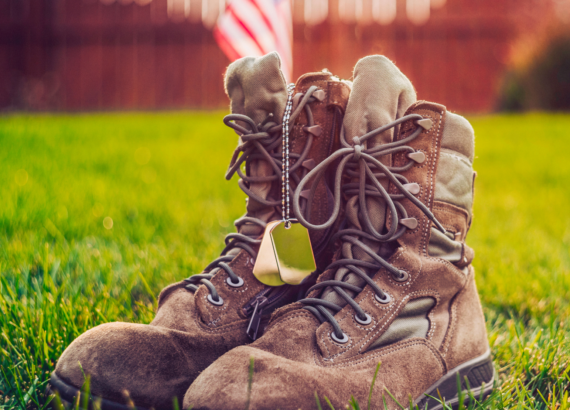American Heroes to Share with Your Children This Memorial Day
AmericanMom Team |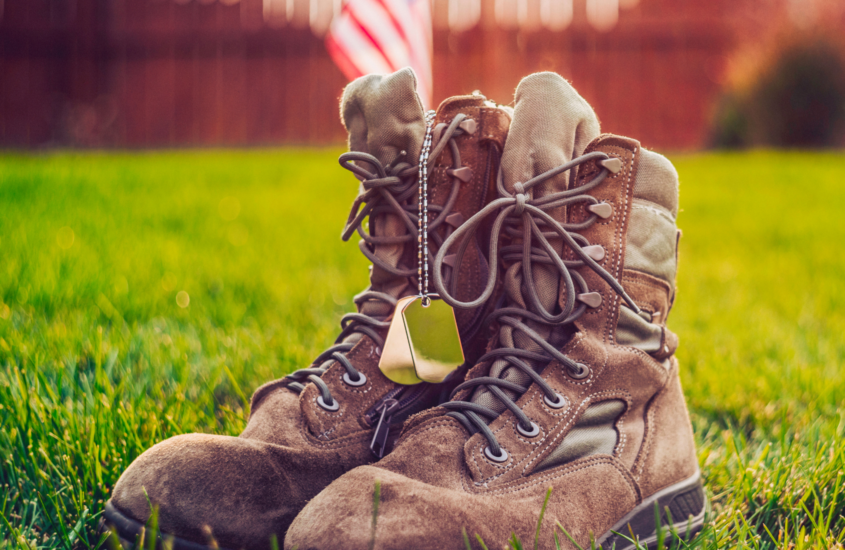
Memorial Day isn’t just a date on the calendar. It’s a sacred pause—a time to honor the American men and women who laid down their lives so others could live free. Behind every flag-draped coffin is a name, and behind every name, a story.
These aren’t just war stories. They’re stories of courage, conviction, sacrifice—and a love of country that outweighed fear. This Memorial Day, we remember four heroes whose legacies live on in the freedoms we still enjoy.
Captain Emil Joseph Kapaun
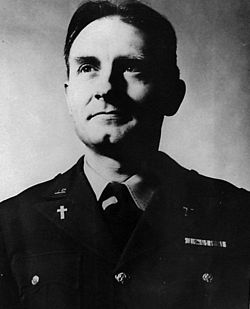
Credit: Wikipedia
He was a U.S. Army chaplain and Catholic priest who served in the Korean War. During the Battle of Unsan in November 1950, his unit was surrounded by Chinese forces. Rather than evacuate, Kapaun stayed behind to tend to the wounded, risking his life to comfort and aid soldiers under fire.
Captured by enemy forces, he was sent to a North Korean POW camp where conditions were brutal. Despite illness and injury, he became a source of hope and courage—sharing his meager rations, stealing food when he could to keep fellow prisoners alive, and offering prayers and moral support.
In the camp, he performed acts of quiet heroism: cleaning the wounded, carrying the weak, and resisting despair. When he fell gravely ill, his fellow POWs pleaded for medical care. Instead, guards took him to a so-called “hospital,” where he died on May 23, 1951, likely from pneumonia and malnutrition.
He never carried a weapon—but he fought every day to keep hope alive.
On April 11, 2013, President Barack Obama awarded the Medal of Honor posthumously to Father Emil Kapaun for his extraordinary heroism and self-sacrifice. He is also being considered for sainthood by the Catholic Church.
Sergeant William H. Carney
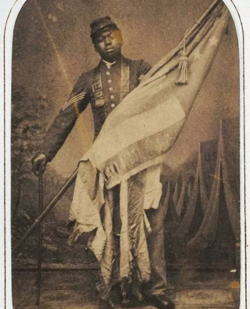
Credit: National Parks Service
He was indeed a member of the 54th Massachusetts Volunteer Infantry, one of the first African American regiments organized in the North during the Civil War. He was born into slavery in Virginia in 1840 and later escaped to Massachusetts.
At the Battle of Fort Wagner on July 18, 1863, when the unit’s color bearer was shot down during a fierce assault on the Confederate fortification, Carney retrieved the U.S. flag and continued the charge. Despite being wounded multiple times, he kept the flag aloft and never let it touch the ground, even as he crawled back to Union lines.
He is famously quoted as saying:
“Boys, I only did my duty. The dear old flag never touched the ground.”
For his actions, Carney was awarded the Medal of Honor on May 23, 1900—making him the first Black American to earn the Medal of Honor, though not the first to receive it due to delays in recognition.
Corporal John Clem

Credit: Wikipedia
Known as the “Drummer Boy of Chickamauga”—became a national symbol of youthful bravery during the Civil War.
At just 9 years old, he ran away from home to join the Union Army. Though initially rejected due to his age, he was unofficially adopted by the 22nd Michigan Infantry, where he served as a drummer boy and later took part in combat.
At the Battle of Chickamauga in 1863, around age 12, Clem reportedly shot a Confederate officer who demanded his surrender, using a cut-down musket. The story spread across the country, making him a Union legend. For his bravery, he was promoted to sergeant, becoming the youngest noncommissioned officer in U.S. Army history.
After the war, Clem continued his military service. Though he was not accepted to West Point, President Ulysses S. Grant appointed him as a second lieutenant in the Regular Army in 1871. He served with distinction for over four decades and retired in 1915 as a brigadier general—the last active-duty Civil War veteran.
Army Chaplain Vincent Robert Capodanno
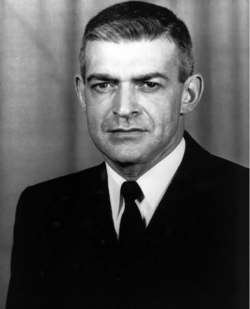
Courtesy/Naval History and Heritage Command
Known to many Marines as “The Grunt Padre,” served with the 1st Marine Division in Vietnam. He didn’t stay in the rear with the other chaplains—he went into the field, side by side with the infantry.
He prayed in foxholes, comforted the wounded, and refused evacuation until others were safe.
On September 4, 1967, during Operation Swift, his unit was ambushed. Wounded by shrapnel to the face and arms, Father Capodanno continued running through heavy fire to administer last rites and tend to the dying. In his final act, he used his own body to shield a wounded corpsman—and was fatally shot, reportedly 27 times.
He carried no weapon—just a Bible, a rosary, and unshakable courage.
In 1969, he was posthumously awarded the Medal of Honor, and in 2006, the Catholic Church opened his cause for sainthood.
This Memorial Day, we remember those who laid down their lives not just for freedom—but for faith, for brotherhood, and for the man beside them.

